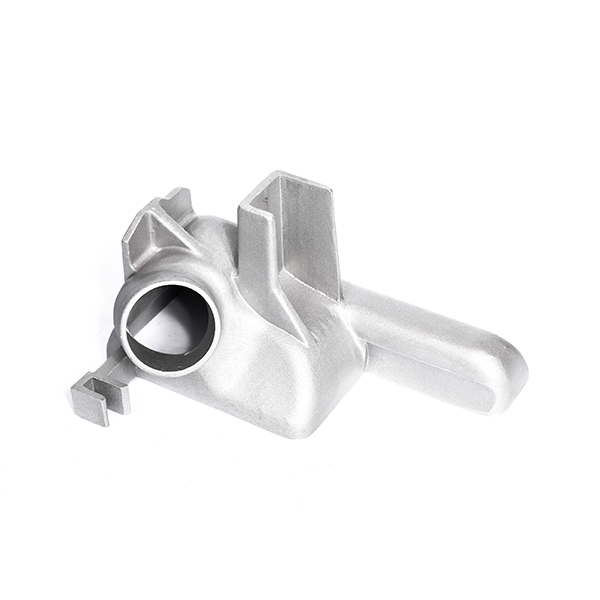Mobile:+86-311-808-126-83
Email:info@ydcastings.com
7075 aluminum casting
The Advantages and Applications of 7075 Aluminum Casting
Aluminum alloys are renowned for their excellent strength-to-weight ratio, corrosion resistance, and ease of fabrication, making them ideal materials for a wide range of applications. Among these alloys, 7075 aluminum stands out due to its high strength and versatility. 7075 aluminum is primarily composed of zinc as the major alloying element, along with smaller amounts of magnesium, copper, and other elements that enhance its overall performance.
One of the most significant properties of 7075 aluminum is its remarkable strength. It is one of the strongest aluminum alloys available, possessing a tensile strength of over 700 MPa (megapascals). This makes it an excellent choice for applications where high strength is critical, such as in aerospace, automotive, and military industries. In these sectors, weight reduction is also of utmost importance, and 7075 aluminum provides a lightweight solution without compromising structural integrity.
The casting of 7075 aluminum involves various techniques such as die casting, sand casting, and investment casting. Each method has its own set of advantages depending on the specific requirements of the application. Die casting, for example, is suitable for high-volume production and can produce intricate shapes with high dimensional accuracy. This process allows manufacturers to create complex parts that meet stringent specifications, making it ideal for components in aviation and automotive industries where precision is paramount.
7075 aluminum casting

Sand casting, on the other hand, is more suitable for larger parts or lower production volumes. It is a cost-effective method that allows for the production of custom shapes and sizes, making it useful for prototyping and one-off production runs. Investment casting offers superior surface finish and dimensional accuracy, making it an excellent choice for high-performance applications where aesthetics and precise tolerances matter.
Another notable feature of 7075 aluminum is its excellent machinability. This means that it can be easily cut, shaped, and finished, allowing manufacturers to create finely detailed components. However, it is important to note that 7075 aluminum can become difficult to machine when in a heat-treated state, requiring specialized tooling and techniques to ensure a high quality of finish.
Corrosion resistance is essential for any material used in demanding environments, and while 7075 aluminum has good resistance against corrosion, it can benefit from protective coatings to enhance its durability in harsh conditions. These coatings can significantly extend the life of components exposed to moisture and chemicals, ensuring reliability even in the most challenging applications.
In conclusion, 7075 aluminum casting offers a superior combination of strength, lightweight properties, and versatility. Its applications span various industries, from aerospace components like aircraft frames and wings to automotive parts and military equipment. As manufacturing technologies continue to evolve, the demand for high-performance materials like 7075 aluminum is expected to rise, driving further innovations in casting techniques and applications. With its continued relevance in modern engineering, 7075 aluminum alloy remains a top choice for engineers and manufacturers looking to create robust and efficient products. As the industry moves forward, the exploration of new configurations and treatments for this alloy will likely lead to even broader uses and enhanced performance characteristics, securing its place in the future of material science and engineering.
-
Why Should You Invest in Superior Pump Castings for Your Equipment?NewsJun.09,2025
-
Unlock Performance Potential with Stainless Impellers and Aluminum End CapsNewsJun.09,2025
-
Revolutionize Your Machinery with Superior Cast Iron and Aluminum ComponentsNewsJun.09,2025
-
Revolutionize Fluid Dynamics with Premium Pump ComponentsNewsJun.09,2025
-
Optimizing Industrial Systems with Essential Valve ComponentsNewsJun.09,2025
-
Elevate Grid Efficiency with High-Precision Power CastingsNewsJun.09,2025











